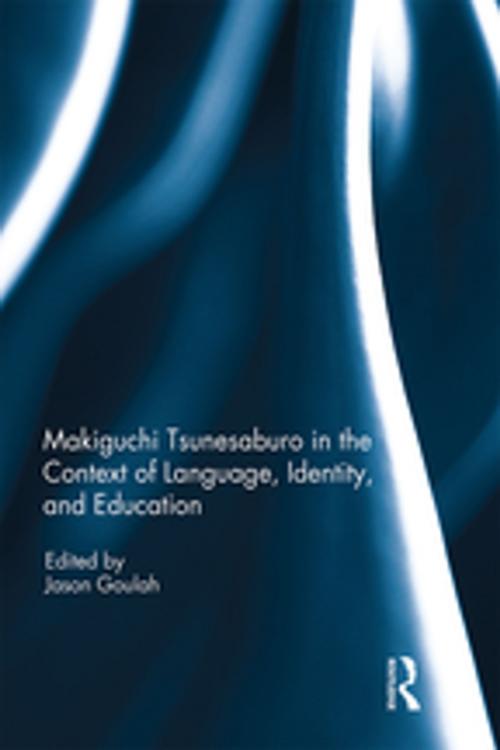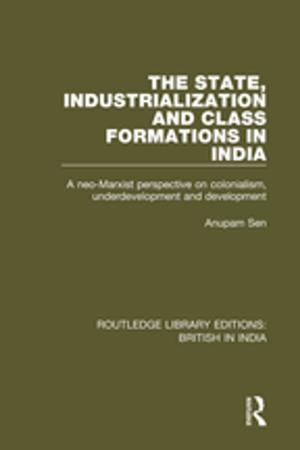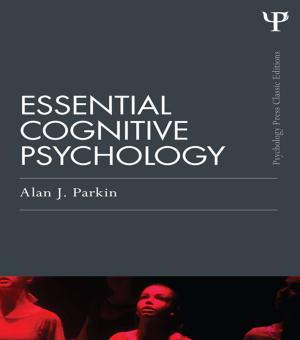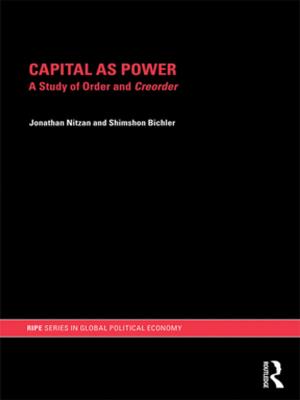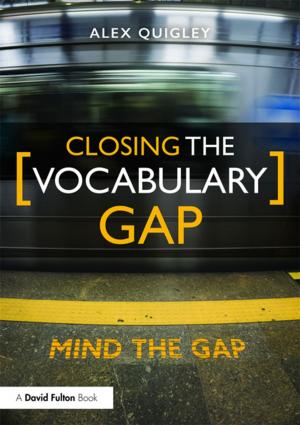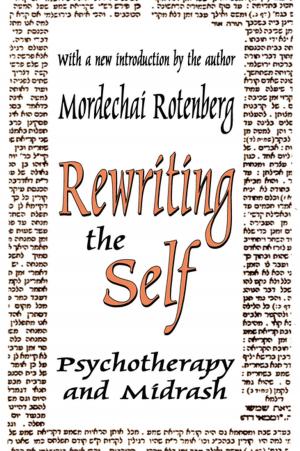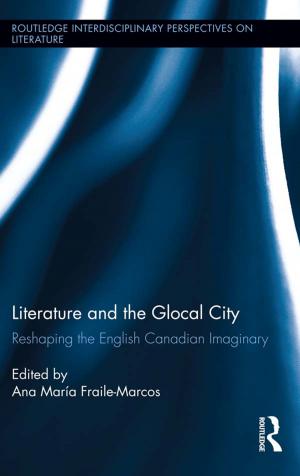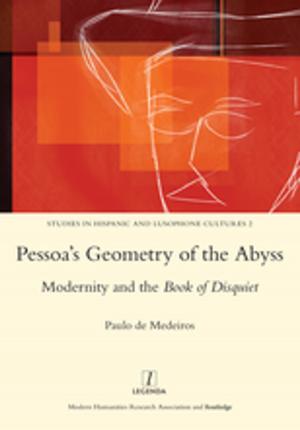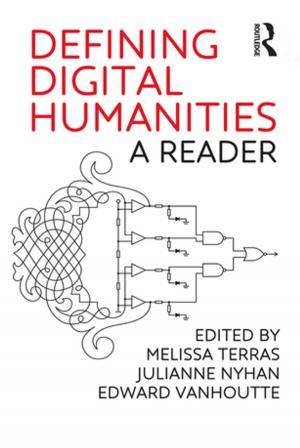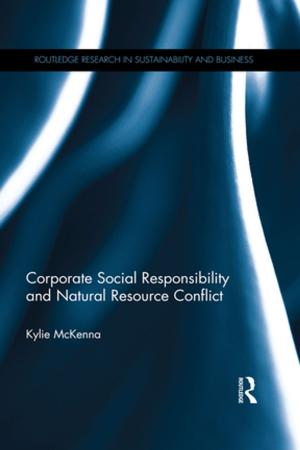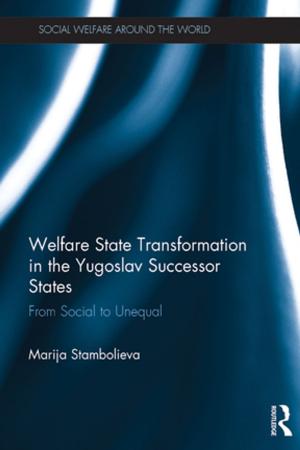Makiguchi Tsunesaburo in the Context of Language, Identity and Education
Nonfiction, Reference & Language, Education & Teaching| Author: | ISBN: | 9781351804387 | |
| Publisher: | Taylor and Francis | Publication: | October 15, 2018 |
| Imprint: | Routledge | Language: | English |
| Author: | |
| ISBN: | 9781351804387 |
| Publisher: | Taylor and Francis |
| Publication: | October 15, 2018 |
| Imprint: | Routledge |
| Language: | English |
Makiguchi Tsunesaburo (1871-1944) was a Japanese schoolteacher, principal, educational philosopher, and Buddhist war resister. The progenitor of the value-creating (soka) pedagogy that inspires thousands of teachers worldwide and informs the network of 15 Soka schools, universities, and a women’s college across seven countries in Asia and the Americas, Makiguchi has emerged as an important figure in international education, curriculum studies, and instructional practice. Few educators in the global academy, however, know of Makiguchi’s extensive and lifelong work in language education.
This edited volume, including a translation of an early Makiguchi essay heretofore unavailable in English, presents theoretical and empirical analyses of Makiguchi’s perspectives and practices relative to language, identity, and education in historical and contemporary contexts. First published as a special issue of Journal of Language, Identity and Education, this volume includes a new preface and three new chapters. Makiguchi Tsunesaburo in the Context of Language, Identity, and Education advances the field of Makiguchi studies and is indispensable for scholars and practitioners engaged in language and literacy education, international perspectives in education, and curriculum theorizing.
Makiguchi Tsunesaburo (1871-1944) was a Japanese schoolteacher, principal, educational philosopher, and Buddhist war resister. The progenitor of the value-creating (soka) pedagogy that inspires thousands of teachers worldwide and informs the network of 15 Soka schools, universities, and a women’s college across seven countries in Asia and the Americas, Makiguchi has emerged as an important figure in international education, curriculum studies, and instructional practice. Few educators in the global academy, however, know of Makiguchi’s extensive and lifelong work in language education.
This edited volume, including a translation of an early Makiguchi essay heretofore unavailable in English, presents theoretical and empirical analyses of Makiguchi’s perspectives and practices relative to language, identity, and education in historical and contemporary contexts. First published as a special issue of Journal of Language, Identity and Education, this volume includes a new preface and three new chapters. Makiguchi Tsunesaburo in the Context of Language, Identity, and Education advances the field of Makiguchi studies and is indispensable for scholars and practitioners engaged in language and literacy education, international perspectives in education, and curriculum theorizing.
